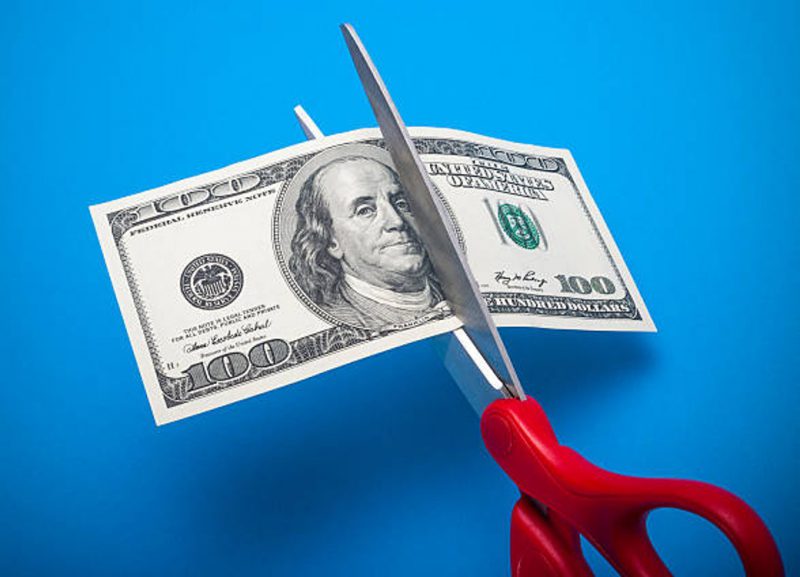The various forms of debt incurred by the American household are a serious cause of worry to the US economy. The overall household debt in the US has reached $17.9 trillion and is only ballooning every month in 2024. This puts the US economy at risk as it’s a ticking time bomb that could soon explode as failures in repayment grow.
Also Read: Crypto Analyst Predicts Dogecoin to $3 and XRP to $5 in Bold 12-Month Forecast
The New York Fed reported that student loans, credit card swipes, and car loans remain the biggest culprits. However, these three forms of loans are not part of the housing debt, which is bigger than the three combined. Student loans have surged $1.61 trillion, credit card swipes grew $1.17 trillion, and car loans shot up $1.64 trillion.
On the other hand, the US national debt touched $36 trillion in November 2024. That falls to under $106,000 per person residing in the United States. The household debt in the US is growing at par with the national debt this year which could affect the economy.
Also Read: Currency: US Dollar Hits One-year High
US Economy: Not Just Household, But All Forms of Debt Rising


The household debt of $17.9 trillion is equivalent to at least 64% of America’s Gross Domestic Product (GDP). The CEIC lists all US debt, including national and household, as 720.2% compared to the nation’s GDP. However, Economics Research Adviser Donghoon Lee said that the growing household debt in the US is not worrisome. He explained that the US economy will sail through as income has seen a steady increase since the Covid-19 pandemic.
Also Read: FTC to Investigate Microsoft: What it Means for MSFT Stock
Lee stated that the increase in income would fill the gap in the household debt making repayments stronger. The income growth will outpace the household debt burden leading to the easing of the US economy. The advisor indicated that a dip in delinquencies will be recorded in the coming years. The latest report from the NPR shows that only 8.9% of all credit cards have fallen into defaults.





